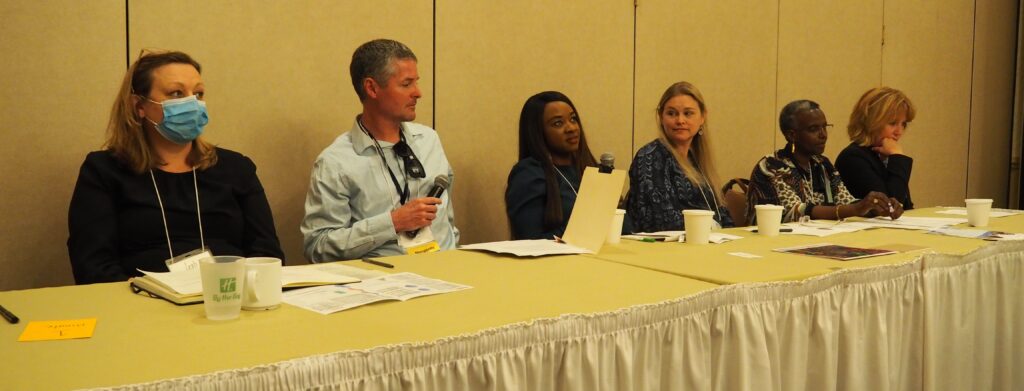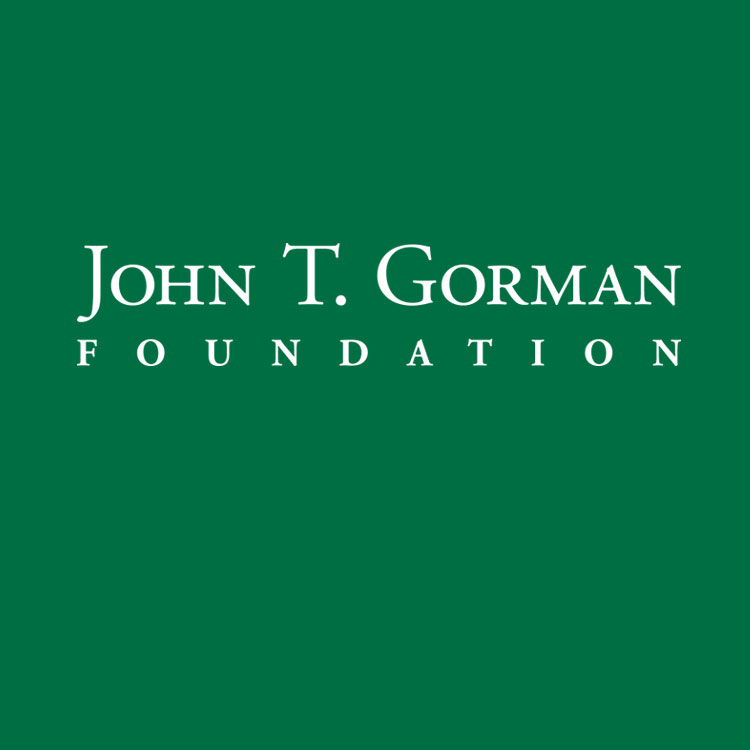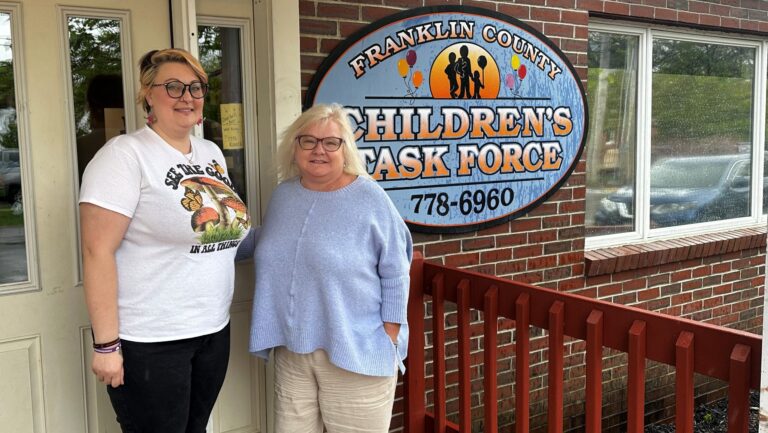Foundation partnerships show the power of integrating housing with a two-generation approach

Integrating housing with a two-generation approach can be a transformative way to help whole families thrive. This was a key takeaway of a May 30 panel at the Maine Philanthropy Conference moderated by John T. Gorman Foundation Vice President, Programs Jennifer Beck.
The discussion touched on three Foundation-supported partnerships that address the immediate need for stable housing while integrating two-generation approaches. Two-generation approaches work to integrate services and supports for the whole family, benefiting both the child and the adult(s) in their lives.
- A partnership between Northern Light Mercy Hospital and In Her Presence is housing pregnant women of color while providing culturally appropriate services to improve health outcomes for mothers and babies. Foundation funds are being used for on-site staffing by doulas and to offer programming that includes birthing classes, parenting support, nutrition classes and trauma counseling.
- Foundation support has enhanced the ability of Avesta Housing to connect asylum-seeking families living at its West End II Apartments with community services and supports such as language classes.
- Portland Housing Authority has paired housing vouchers for youth exiting the foster care system with wraparound supports and opportunities to build financial assets while working toward career and education goals. Foundation support allowed them to offer enhanced supports for parent coaching for participants with children.
“These initiatives highlight how the urgency of housing needs can be addressed concurrently with other critical domains of well-being,” said Beck, kicking off the conversation, “thus providing safe, stable environments which promote opportunities for children and families to thrive.”
Below are some of the lessons learned that panelists shared during this important discussion.
Removing barriers to services
One fundamental advantage to using housing as a base for programming, panelists said, is that it removes many barriers to receiving services, including transportation. Instead of participants having to travel out in the community to receive assistance, it comes to them.
“The beauty of this particular situation is that it solves a lot of problems we have faced. Immigrants in particular face language barriers, transportation barriers and access to services and knowledge of all the systems,” said Mary Faulkner of In Her Presence, which is working with Mercy Hospital to connect immigrant women with health care services and other supports. “When we have everyone together in this home, it’s like a dream come true. Because we don’t have to figure out how to get these women together so we can have these important conversations.”
Portland Housing Authority Deputy Executive Director Leah Bruns said case managers working with foster youth made it a point to meet clients in their apartments. “Their model was never, ‘You come to the office.’ It was always, ‘I’ll come to you,’” she said, when working with them on career and education goals, answering questions about maintaining their housing, or providing parent coaching.
“Flipping the model works,” she added, pointing to the program’s high retention rate. After a year, 98% of the youth remained in housing.
Centering client needs and voices
In addition to housing and streamlining the delivery of services, another critical component panelists pointed to was centering participant needs and voices.
“To be successful in engaging the people we are hoping to serve, you really have to ensure that they are involved in the design and care team,” said Melissa Skahan, Vice President of Mission Integration and Support Services at Northern Light Mercy Hospital.
To do this, they have relied on the expertise of In Her Presence, an organization with a long history of working with immigrant women. “We create a safe space for women,” said founder Claudette Ndayininahaze, “so they can come together, learn from one another, support one another as they are integrating and empowering their families here in the United States.”
Building trust and relationships
In her work with immigrant families living in Avesta’s West End II Apartments, Nadia Cyuzuzo said keeping client needs at the center has been a key to their success as well.
“We make sure we work closely with them to earn their trust,” she said. Going through a needs assessment and following through with assistance has been key to building that trust over time. “They know that we are there for their success.”
Others agreed that housing has been a critical first step in building the relationships needed to make these two-generation programs successful in creating opportunities for families.
“When we started this conversation, I think we positioned the ‘secret ingredient’ as co-locating or embedding services,” said Beck. “From what I’m hearing, we should add relationships and building trust to the recipe as well.”


